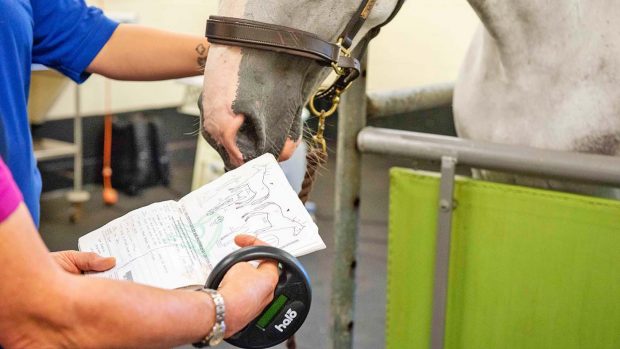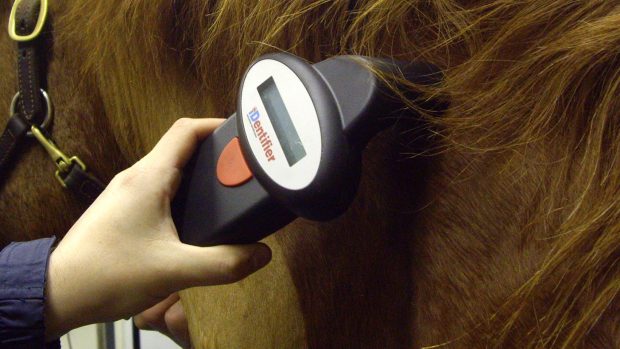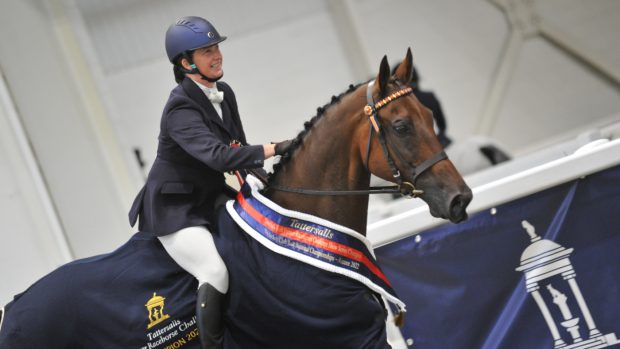The equestrian industry is calling on DEFRA to clear up “grey areas” in horse passport legislation, step up enforcement, educate horse owners better and resolve anomalies that are making a mockery of the system.
Despite a clear consensus that passport data, ultimately destined to be fed into the National Equine Database (NED), should help safeguard horse welfare, retain crucial veterinary medicines in the UK, improve disease surveillance and discourage theft — the regulations need a rethink.
That’s the message from H&H enquiries about how passport legislation is working. Passports have been a legal requirement since 28 February 2005 (16 August 2005 in Scotland).
There is still confusion about when passports should be carried; why it is not an offence to buy, only sell a horse without a passport; whether vets must check passports before treating horses, and what passports look like. There is an inordinate number of Passport Issuing Organisations (PIOs) and a wide array of passport designs. A further question mark hangs over the issue of compliance.
“There are still people out there who don’t know about passports,” said the British Horse Society’s (BHS) Helen Owens. “Some still ring up and ask what they should do and others think vaccination certificates are passports.”
Eric Gillie Horse Transport director Jane Gillie, whose drivers move up to 60 horses per week, refuses to transport any horse without a passport “no matter what”. Customers are informed of this in advertisements. She thinks the law is confusing and is shocked by the level of ignorance and non-compliance.
“We are aghast at what still goes on,” said Mrs Gillie, citing two recent cases of studs in Wales and Somerset that had not obtained passports for horses. “It’s amazing that some people don’t even know horses are supposed to have passports. I’m losing business because of it.”
According to a DEFRA spokesman, more than 693,500 passports had been issued by PIOs in England, with roughly 1,600 “being processed”. Figures are not centrally available for Wales, Scotland or Northern Ireland.
All equines (horse, ponies and donkeys, but not zebras) must have a passport. In England, there are exemptions for animals on lists kept by the Dartmoor Commoners Council and New Forest Verderers.
The law ensures horses treated with drugs not authorised for use in food-producing animals cannot be slaughtered for human consumption.
Asked whether the government was disappointed many horse owners still hadn’t applied for passports, the DEFRA spokesman said: “We are not complacent but compliance is already higher than many people predicted and it is still increasing”.
While he said “owners who have not applied within the time limits have committed an offence” and, if prosecuted and found guilty, could face a maximum £5,000 fine or up to three months in jail, late applications incurred no penalty.
“The aim is to encourage, not discourage, compliance,” he said.
SUBSCRIBE TO HORSE & HOUND AND SAVE Enjoy all the latest equestrian news and competition reports delivered straight to your door every week. To subscribe for just £1.43 a copy click here >>
|




